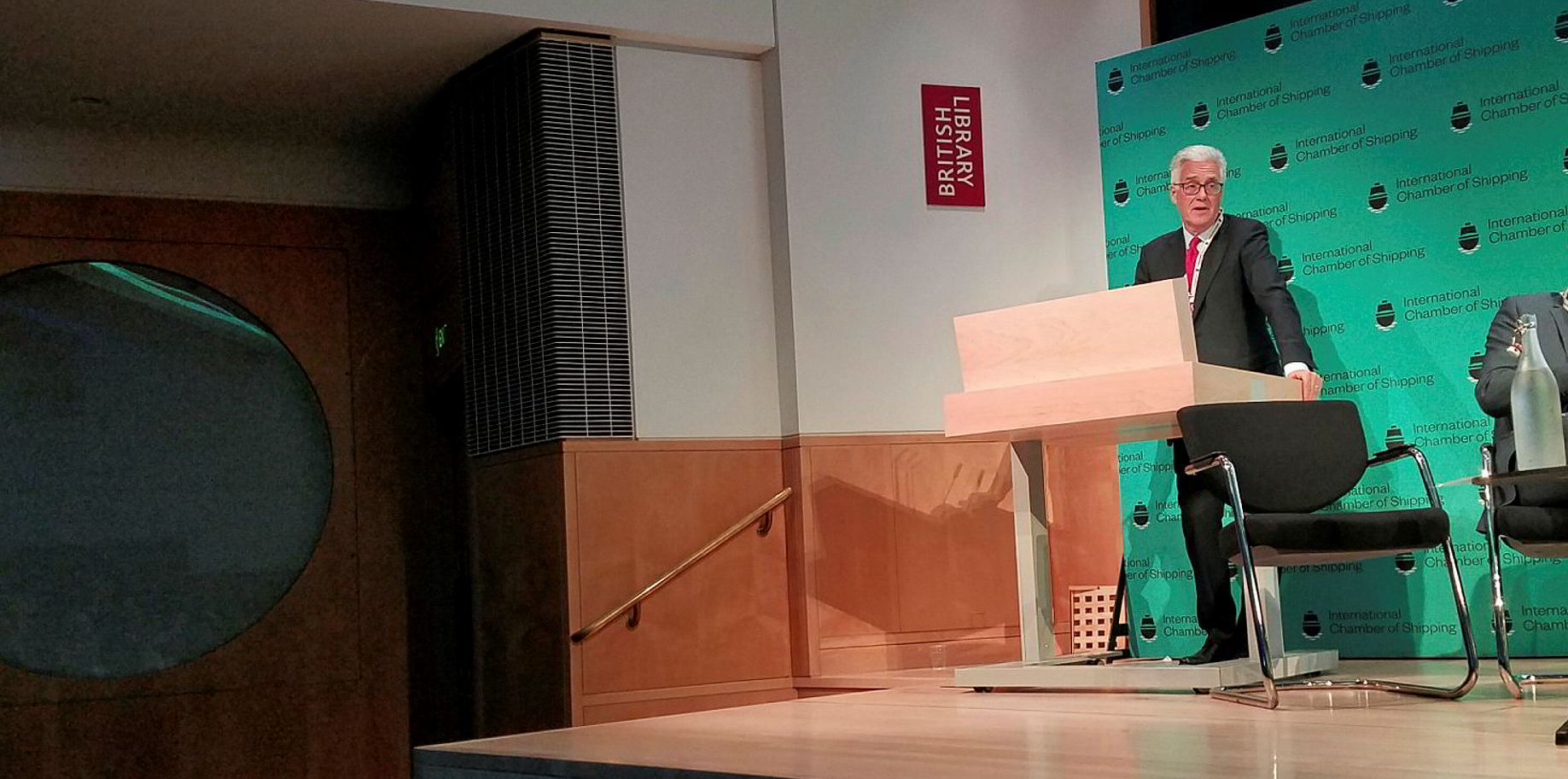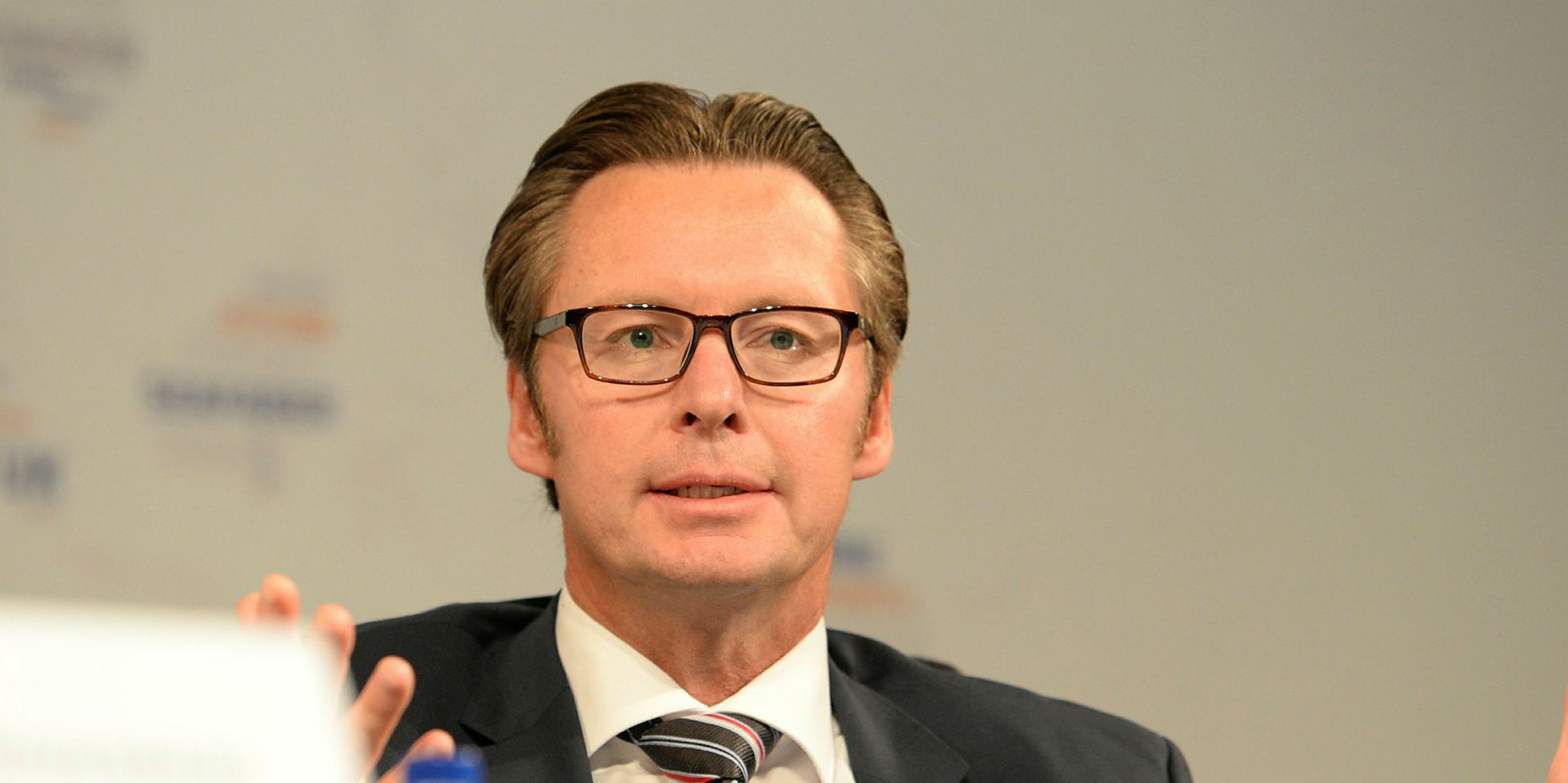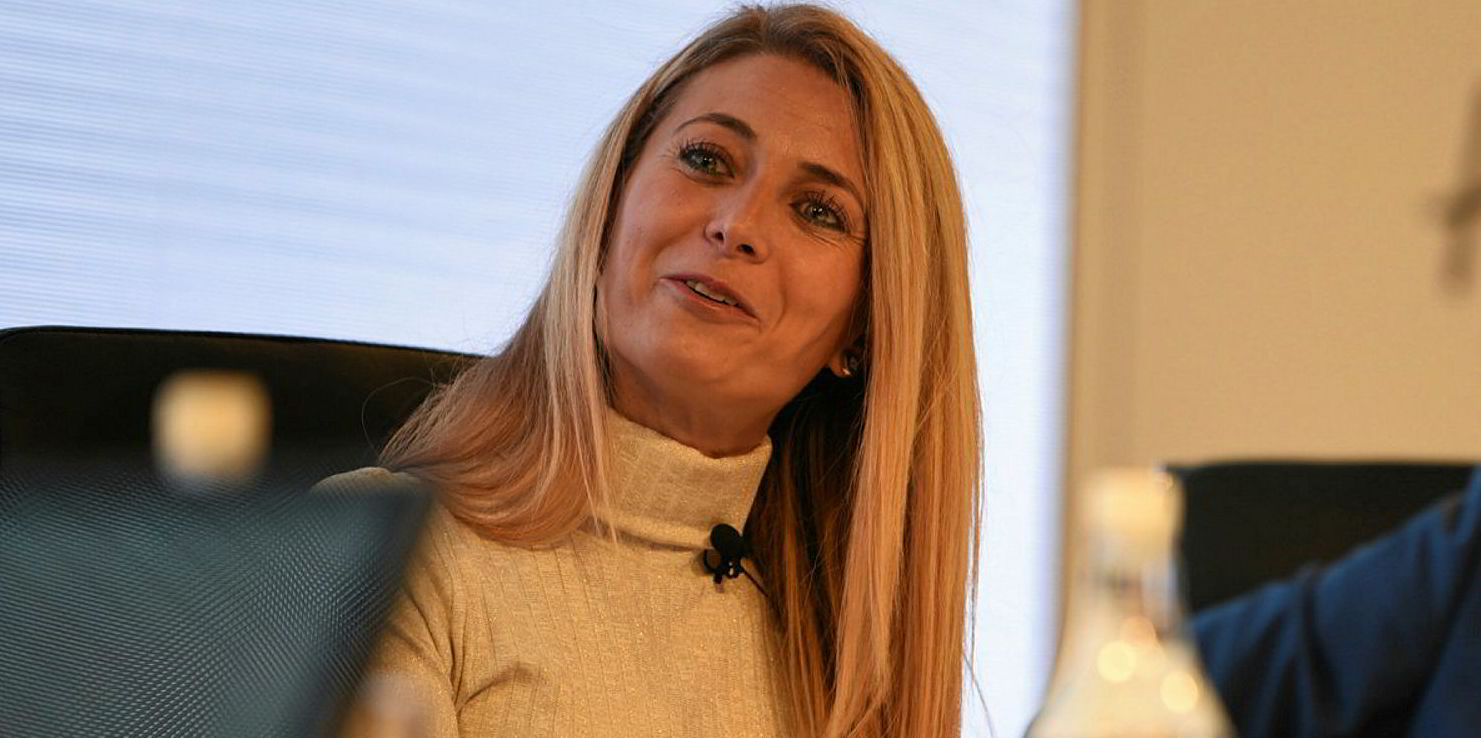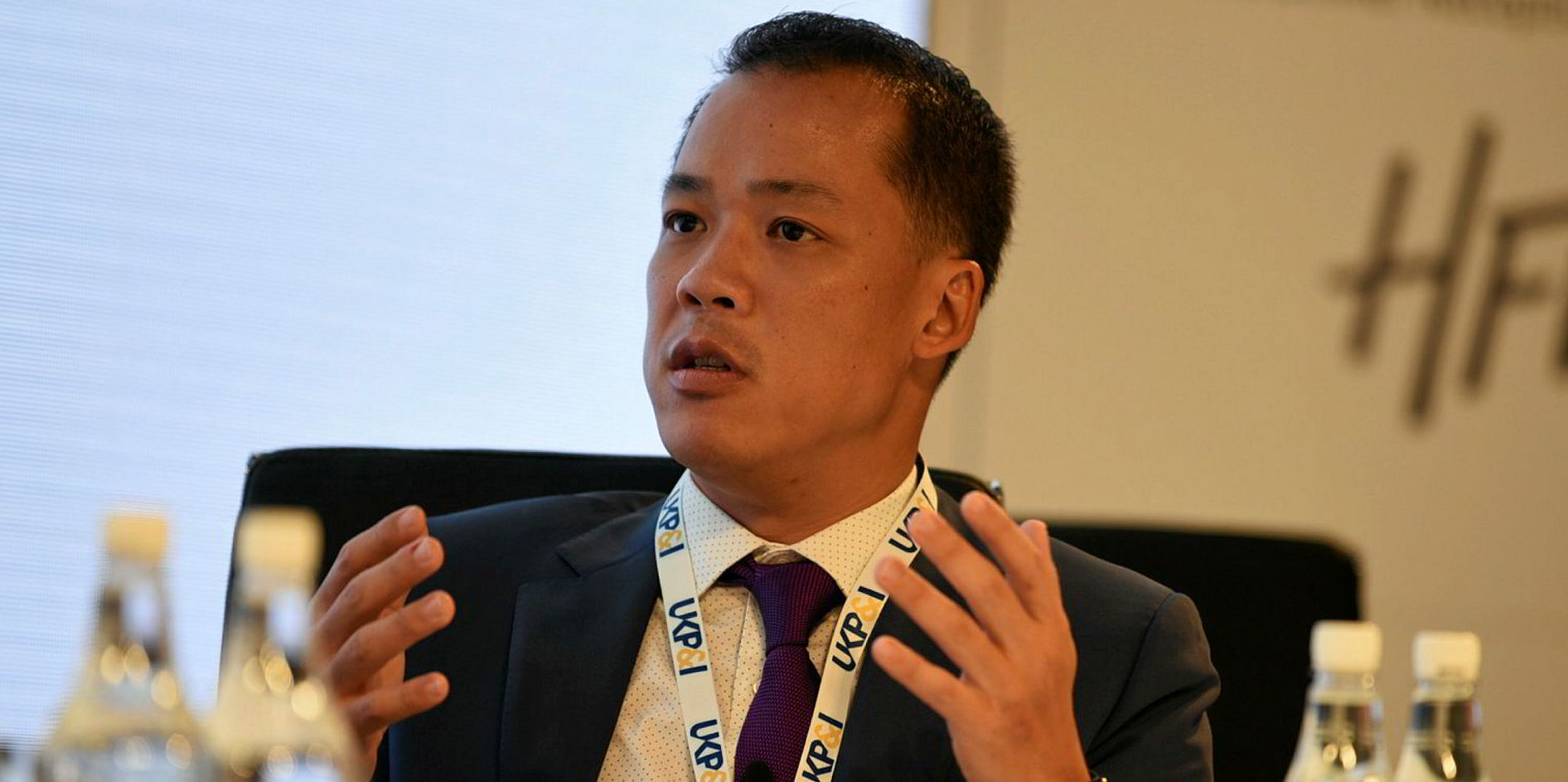The shipping industry needs to act now to ensure that LNG-fuelled vessels do not risk becoming stranded assets in the future, a conference heard on Thursday.
Tighter regulation on carbon emissions is highly likely to enter into force before 2050, which could penalise those who opt for LNG marine fuel today, according to a panel during the London International Shipping Week conference.
"The challenge we've got over the next decade is how to ramp up zero-emissions fuels and machinery at the same time as managing the decline of LNG," said Dr Tristan Smith from University College London's Energy Institute, who raised a question from the audience.
"How do we manage the exit of LNG without lots of people losing lots of money?" he asked.
The advent of synthetic LNG fuels, however, could offer a way for first-movers to ensure their vessels don't become white elephants, the conference heard.
But "no one can plead ignorance" that carbon regulations do not lie ahead, according to Professor Paul Ekins OBE, professor of resources & environmental policy and director at University College London's Institute for Sustainable Resources.
"I think what we have to realise is that, broadly, as per the [Intergovernmental Panel on Climate Change] report on 1.5 degrees in November 2018, net-zero is the name of the game," he said.
"If you invest in something now that isn't net-zero by 2050, don't expect to make a return on it and don't expect to get bailed out from it.
"No one can plead ignorance now about where that regulatory framework is heading."
A herd of white elephants?
MSC Group is among the early adopters of LNG bunkers and is spending €5bn ($5.5bn) on building five LNG-fuelled cruiseships, which will be delivered from 2022 onwards.
Conference panellist Bud Darr, the company's executive vice-president, policy & government affairs, argued a 'multiple track' approach towards a carbon reduction would ensure today's LNG-fueled vessels would not become stranded assets.
"The decision to build those LNG-fuelled ships was made a couple of years ago at a time when, frankly, that wasn't the discussion," Darr explained.
"At that time, the NGOs and governments were really pushing us towards LNG.
"I still believe at scale [LNG] is the best solution available for now. A roughly 20% well-to-wake reduction in CO2 equivalent is possible," he said.
Darr said shipping would lose if it pursues only one pathway to a low-carbon future and should explore multiple tracks instead, particularly with respect to LNG marine fuel.
"Carbon capture can help; bio-sources can help, synthetic production [of LNG] that is carbon-free or close to carbon-free could help a lot," he said.
"I think you can find a place where these decisions don't end up punishing your early adopters but will allow for them to gradually move out of the fleet if it turns out it's not a permanent solution for them — but it doesn't have to crash out."
This thought was echoed by Professor Ekins.
"This is a much bigger problem than just with LNG, though it's likely to affect LNG at some point," said Ekins.
"There needs to be a twin-track realisation that what I might call 'good-faith' stranded assets — those investments that were made in good faith before it became apparent that net-zero [carbon emissions] by 2050 was where we have to go to — there will need to be a compensation scheme for those.
"We've seen a compensation scheme from different countries around the world already."
Future of LNG
Darr said that MSC Group would continue to consider LNG as a marine fuel for its vessels, particularly if bio-LNG or synthetic LNG can be used in the long term.
"Every time we look at a new ship or want to add new ships to the fleet, LNG is always one of the discussion points that we are seriously considering," he said.
Bio-synthetic LNG has a much smaller carbon footprint when compared to petroleum products, although the footprint is roughly the same if the fuel is derived from coal.
However, Darr said that the group did not see LNG fuel as a good fit for its 200-vessel containership fleet.
"In the ferry sector, it can make more sense ... [but] depending on the service you're on, it may just simply not be competitive for a particular ship type on a particular service," he went on.
Carbon solutions
Elsewhere, it was made clear that only carbon reductions, not carbon offset schemes, can make a zero-carbon future achievable.
Rupert Stuart-Smith, from the Oxford Martin Programme on the post-carbon transition at the University of Oxford, made it clear that using "green" techniques to offset carbon emissions was not an option.
"Carbon dioxide remains in the atmosphere for thousands of years as a greenhouse gas," he said.
"The only true way to offset your carbon is to suck it up and to stick it in geological storage, and those technologies are not yet available at that scale yet."
Carbon regulation is coming, according to Stuart-Smith.
"I think it's very important to act preemptively," he said.
Professor Ekins added: "The only good emission is the non-emission."
This story has been amended since first publication to clarify that MSC believes LNG-fueled vessels will not become stranded assets.










